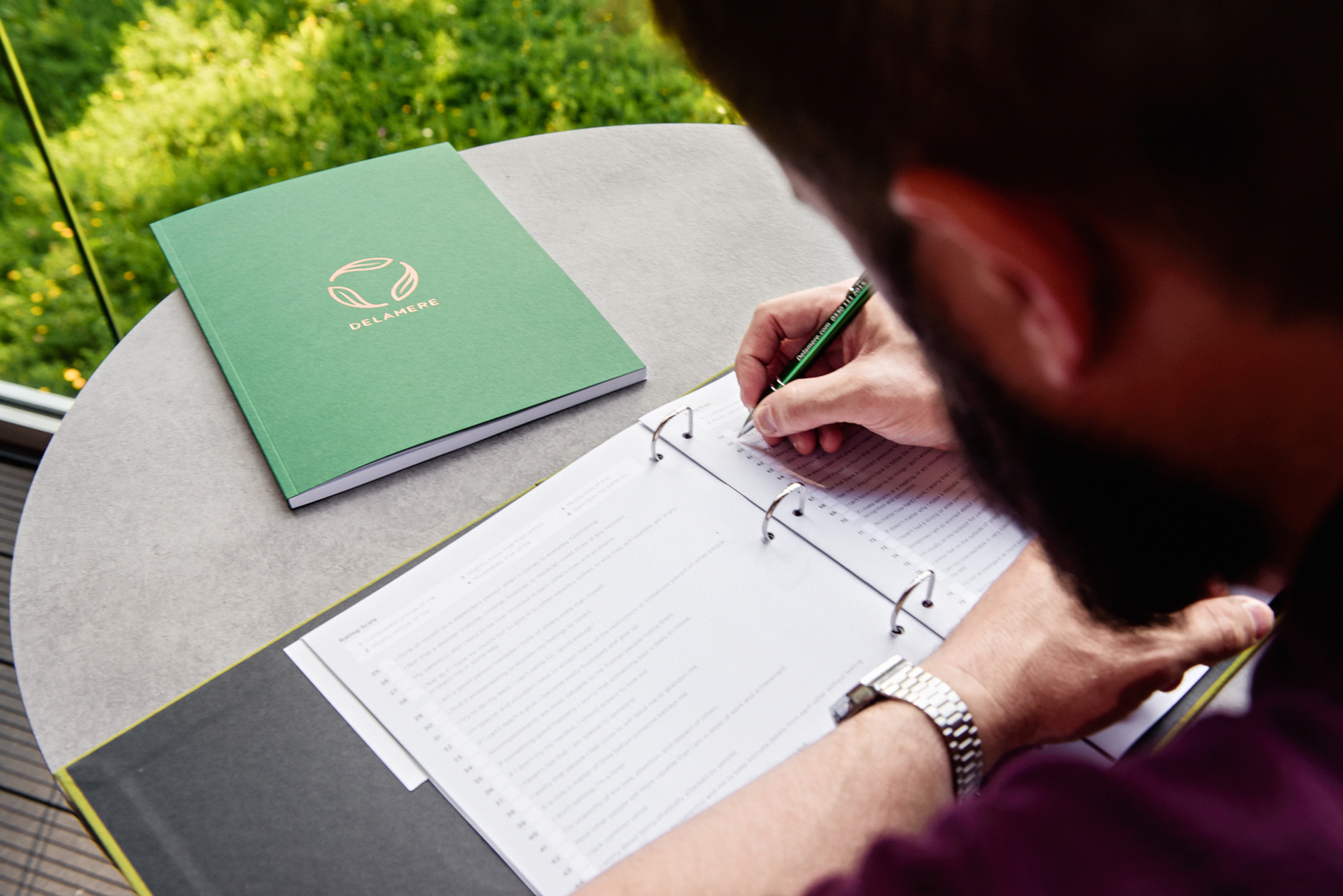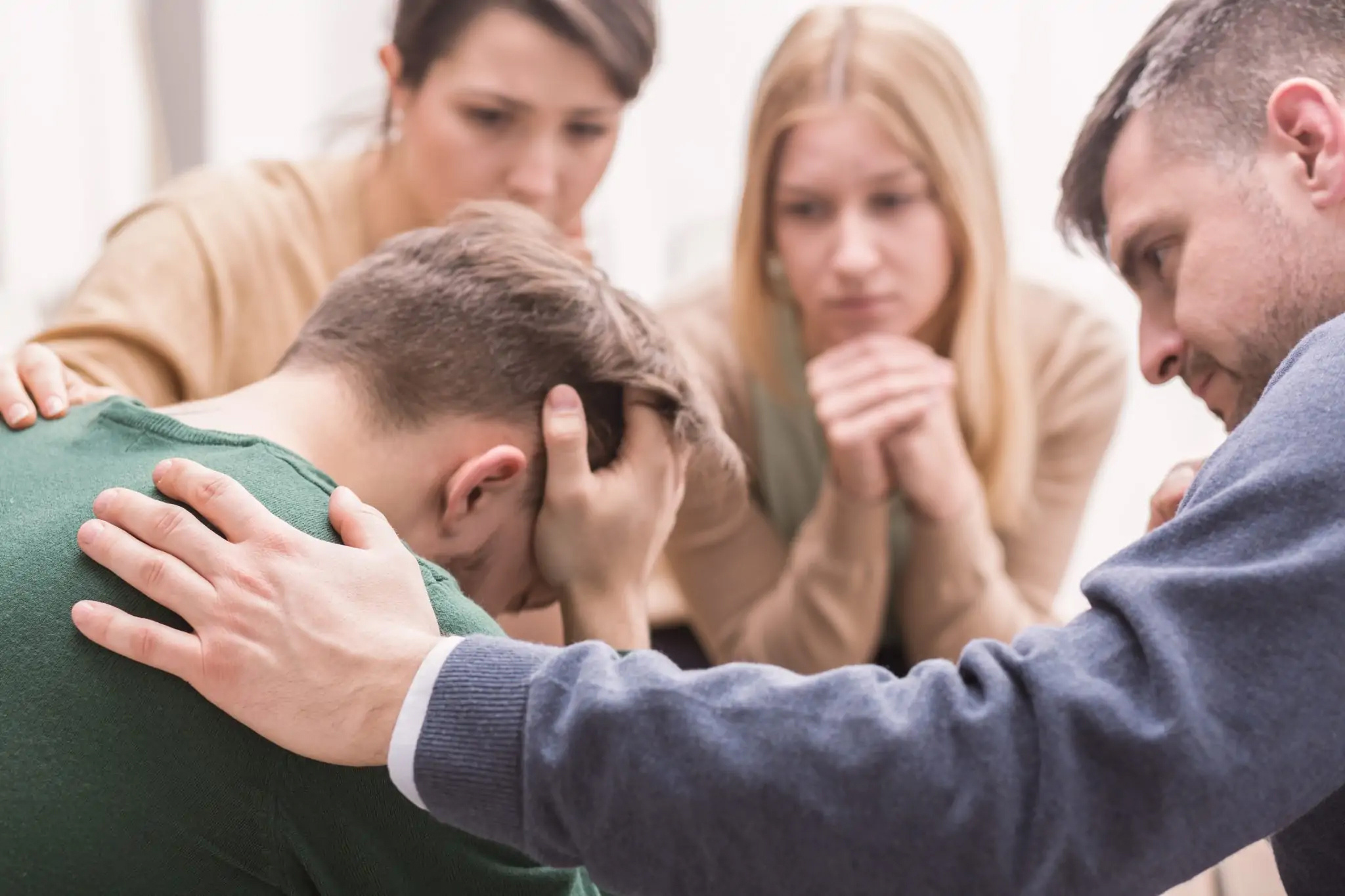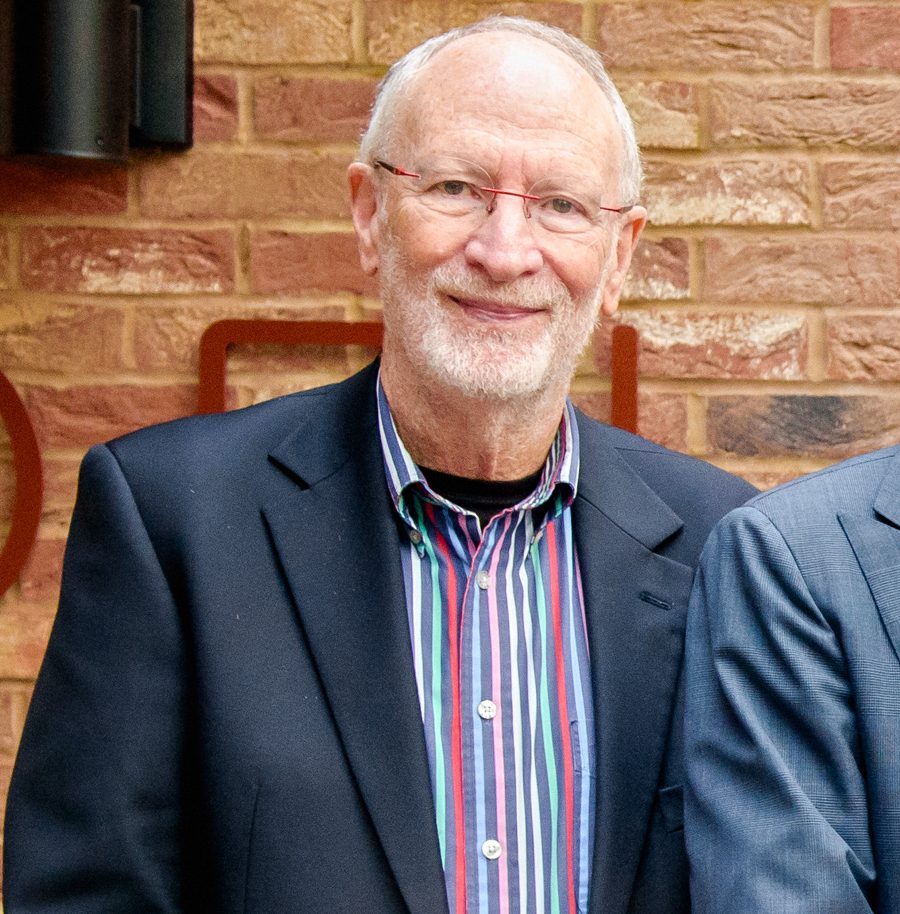-
Call Us: 0330 111 2015


Get advice on co-dependency issues and addiction from the holistic therapists at Delamere wellness retreat
Codependency is defined as “the excessive emotional or psychological reliance on a partner, typically one who requires support due to an illness or addiction”. Codependents tend to be people-pleasers who put the needs of their addictive spouse or family member before their own, leading to feelings of low self-esteem, lack of self-care and poor health. Codependency and addiction often go hand-in-hand and this can lead to a vicious cycle of destructive behaviours whereby the carer is actually enabling alcohol addiction or drug addiction by caring for their loved one.
Codependents will often do everything they can to support the addicted person, including covering their tracks or making excuses for them, which can make the addiction worse. Over time, the mounting feels of shame at their role in someone else’s downfall can lead to depression and even addiction for the codependent themselves. Delamere wellness retreat in Cheshire can offer support for both codependency and addiction. As well as treating alcohol and drug addiction, we offer a range of services for family and friends who wish to stage an intervention to tackle codependency.
If you want to talk about codependency and addiction, contact our team today and learn more about the different programmes we offer here at Codependency is defined as “the excessive emotional or psychological reliance on a partner, typically one who requires support due to an illness or addiction”. Codependents tend to be people-pleasers who put the needs of their addictive spouse or family member before their own, leading to feelings of low self-esteem, lack of self-care and poor health. Codependency and addiction often go hand-in-hand and this can lead to a vicious cycle of destructive behaviours whereby the carer is actually enabling alcohol addiction or drug addiction by caring for their loved one.
Codependents will often do everything they can to support the addicted person, including covering their tracks or making excuses for them, which can make the addiction worse. Over time, the mounting feels of shame at their role in someone else’s downfall can lead to depression and even addiction for the codependent themselves. Delamere wellness retreat in Cheshire can offer support for both codependency and addiction. As well as treating alcohol and drug addiction, we offer a range of services for family and friends who wish to stage an intervention to tackle codependency.
If you want to talk about codependency and addiction, contact our team today and learn more about the different programmes we offer here at Delamere.
Spotting the signs of codependency either in your own relationship or someone else’s can really help in treating addiction. Perhaps you’re living with an addicted partner or are part of someone’s friends and family who can see an unhealthy coalition developing. A codependent comes in many guises. It could be two partners both using drugs or alcohol, unwittingly placating each other’s destructive behaviour. A close family member who is enabling an addicted person for an easy life or a child with an abusing parent who has taken on the role of carer. Here are the main codependency symptoms to watch for:
Low self-esteem
A codependent person relies heavily on what people think of them. They may feel worthless outside of their role as partner or carer. After a while low self-esteem develops which makes it hard for the codependent to stand up to their addicted loved one. For the person suffering with substance abuse this allows them to feel like their behaviour is acceptable, even desired, by their codependent, and fuels the cycle of substance abuse.
Constant people-pleasing
Codependents tend to be ‘yes’ people, always happy to do someone else’s bidding, constantly apologising or accepting the blame for an addicted person’s shortcomings. They tend to hide their inner thoughts to avoid conflict yet thrive on the drama created by being in a relationship with a substance abuse sufferer. Subconsciously, they need the other person to remain addicted because it makes them feel wanted.
Putting someone else first
People suffering with alcohol addiction or drug addiction often appear selfish to friends or family members who are trying to care for them. This is because they are unable to recognise the harm they are doing to others. The same can be said for codependency and addiction. The codependent doesn’t see their partner as selfish. They will always put the needs of the other person first and themselves last. This can lead to poor self-care and ultimately to unhealthy behaviours that lead to ill health.
Non-existent boundaries
It’s quite common for boundaries to become blurred within codependency and addiction. The overwhelming urge to help a loved one can actually be detrimental to their health. By becoming too involved in their care you may say or do more than you should, taking the responsibility away from them and normalising their behaviour. It’s important for both the codependent and the addicted person to set healthy boundaries and stick to them.
Being obsessed with someone
When you are codependent, you might feel anxious or depressed if separated from your loved one or become obsessed about having regular contact. Just as an addicted person might obsess about drinking, a codependent might become fixated on their loved one’s drinking problem. If you feel like someone’s alcohol addiction or drug addiction is taking over your life it’s time to seek professional help.
If you are struggling with codependency and addiction in your relationship, we can help. Delamere is a state-of-the-art purpose-built wellness retreat set in tranquil forest surroundings. For friends and family members concerned about an unhealthy relationship, we have a range of intervention services to ensure an addicted person gets the support they need. Likewise, we also offer a full range of mental health therapies to treat codependency.
Our residential rehab programmes typically begin with a clinical detox to help the addicted person withdraw from alcohol or drugs safely. Our holistic therapists then get to the root cause of the addiction through one-to-one counselling, group therapy and Cognitive Behavioural Therapy (CBT). They can help both parties to understand their role in the addiction and help them to set healthy boundaries to aid recovery.
Through our unique three-stage approach we will help you address all aspects of your life that are fuelling your addiction and learn to work together to stop your cravings for alcohol or drugs, start to heal from your trauma and grow beyond addiction.

Settle into your new environment
and remove yourself from
any distractions

Spend time with our therapists to discover what led you to this behaviour in the first place
Delamere Treatment Model Delamere Treatment Model
Everything we do here is about outcomes. Focusing on getting you back to yourself again in the short term, but then growing beyond that when you leave Delamere. Helping you create the foundations for long-term recovery and growth.
There’s no one-size-fits-all here. We listen, learn and tailor our programmes to meet your personal needs, whatever they may be. Your journey to recovery is yours, so we design our programmes with you in mind.


Nature and creativity often bring out the best in people, especially after a difficult period in their life. We offer equine and art therapy, fire ceremonies, nature walks and more to help you relax, reflect and see the world in a new way.

Sir Cary Cooper
Whether you’re a partner or family member, we can help.
Talk to us todayIf you are showing signs of codependency along with alcohol addiction or drug addiction, it’s important you get help.
Our admissions team is on hand 24/7 to help answer any questions about our residential rehab programmes and make sure you get the support you need
Call the team today on 0330 111 2015 to discuss the different options available.
Read our guide to withdrawal & recovery of librium. We discuss the addictive potential & when a Librium detox may be required.
Read More
A guest blog from Robbie Ransom at Barney Recovery introducing the Delamere Alumni app, measuring the outcomes of addiction recovery for our guests.
Read More
We are back with another Alumni story. We chatted with Jerome as he shared his transformation over the last few years at Delamere.
Read More